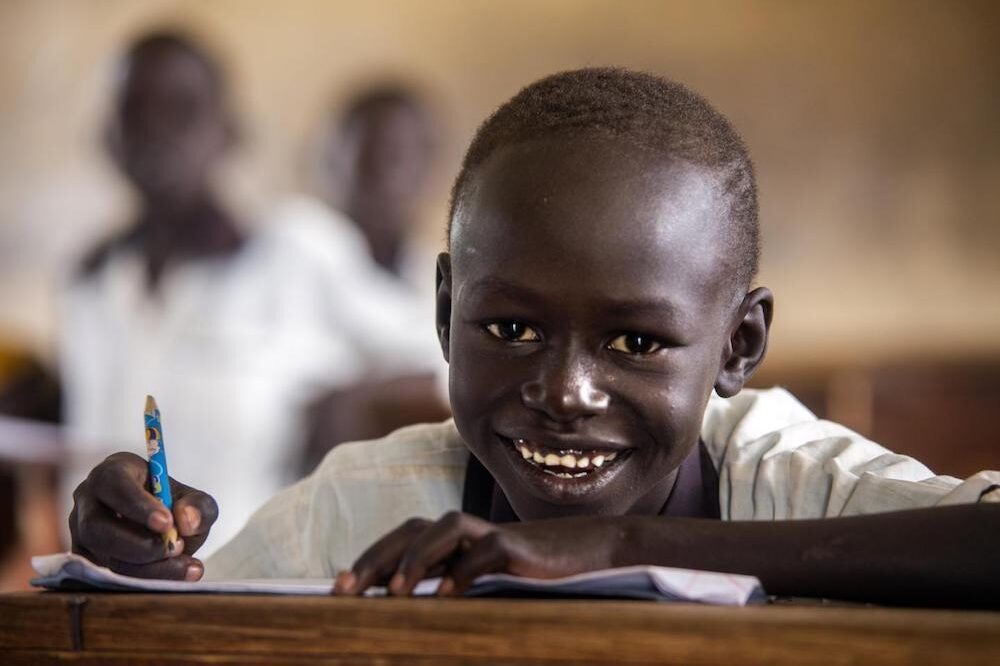
Five things you need to know this week about global education
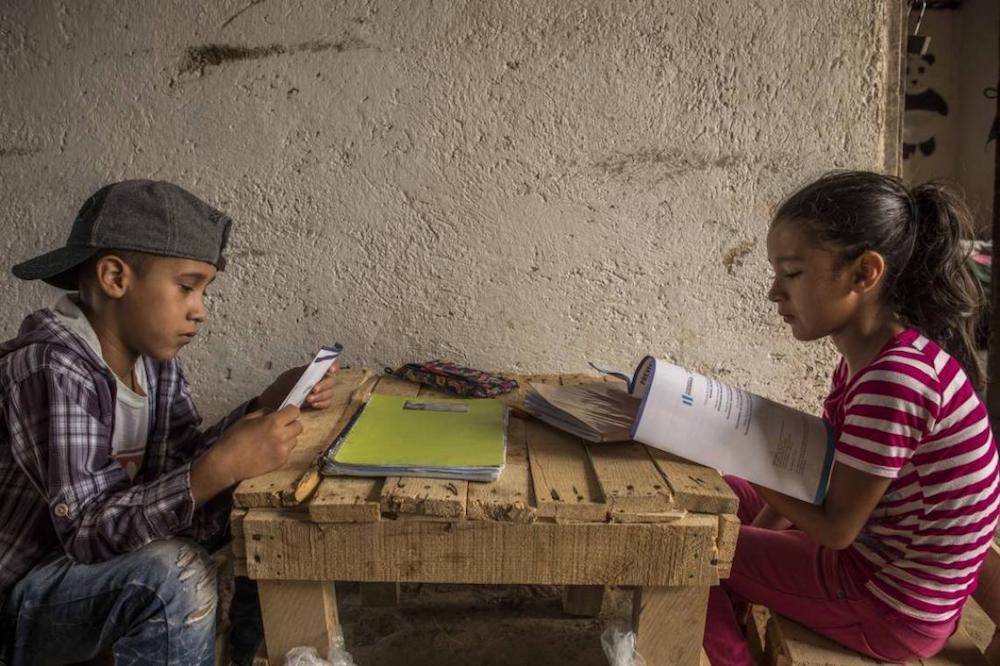
Children's welfare after natural disasters, Coronavirus and education

The pandemic continues to disrupt education around the world - with children in Latin America and the Caribbean hit particularly hard.
Children's 174 lost days of education
More than 97% of school students in Latin America and the Caribbean are still locked out of their classrooms by the pandemic, a report has revealed.
Children in the region have lost on average four times as many days of education (174) as those in the rest of the world, with over 137 million young people still not back at school, said UNICEF. More than a third of countries in Latin America and the Caribbean have yet to set a date for school reopening.
The UNICEF report shows the percentage of children not receiving any form of education across the region has soared from 4% to 18% in the past few months. Projections reveal Covid-19 could push up to three million children out of school.
Children in Latin America and the Caribbean have lost on average four times more days of school than the rest of the world because of COVID-19.
Read our new report. #EducationOnHold
— UNICEF (@UNICEF) November 9, 2020
“Across Latin America and the Caribbean, millions of the most vulnerable students may not return to school,” said Bernt Aasen, UNICEF Regional Director for Latin America and the Caribbean. “For those without computers, without internet or even without a place to study, learning from home has become a daunting challenge.”
Since the beginning of the school closures, about 42 million students in the region have been receiving UNICEF-supported distance and home-based learning delivered through radio, TV, internet and other platforms.
But the UN agency believes that, despite government efforts, only half of children from public schools are accessing quality distance learning at home compared to three in four students from private schools.
Bangladesh classrooms stay shut
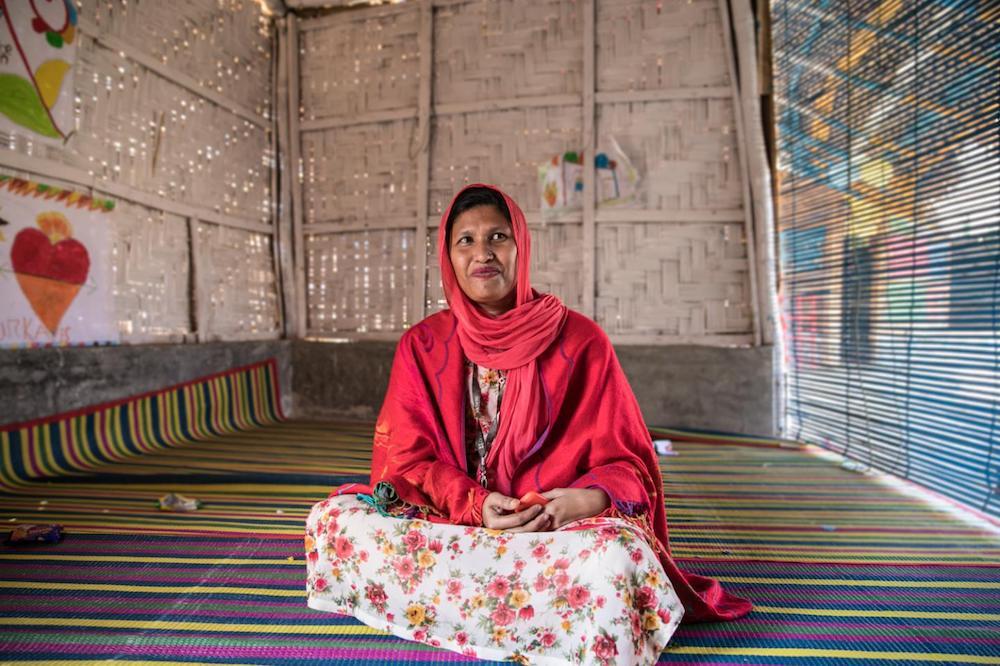
Classrooms and education facilities remain closed in Bangladesh (UN Photo)
Schools in Bangladesh, which have been shut since March, will remain closed until at least December 19 amid fears of a second wave of coronavirus infections.
“The decision has been taken considering the second wave… We can’t play with the lives of our children,” said a senior official of the education ministry.
Rights groups fear many children are at risk of not returning to classes. Most children in Bangladesh do not have access to the internet and some have been forced into marriage or to work in factories.
In Europe, Hungary closed secondary schools and universities this week. But the Czech Republic will reopen the first and second grades of elementary schools on November 18. Students will have to wear face masks at all times and classes will be ventilated midway through lessons.
Funding to keep children in school
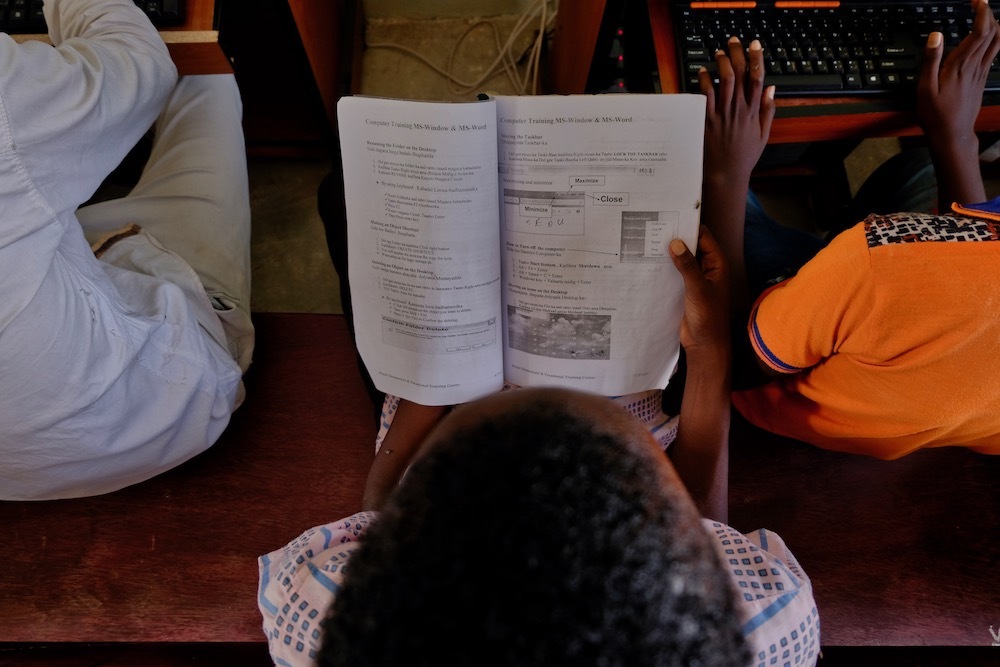
(UNICEF / Joe English)
More than 22,000 vulnerable children in Somalia’s crisis-hit Puntland state will be helped by additional funding from the Global Partnership for Education (GPE).
The new $2.9 million contribution takes GPE’s funding there in 2020 to $13 million. It will help to improve learning conditions in schools, train teachers, and enrol and keep children in school.
“Families, schools and governments are struggling to cope with the impact of the pandemic. This funding will help get more children in school and learning,” said GPE CEO Alice Albright.
This latest funding will complement ongoing work and provide basic education in areas affected by food insecurity and drought, where schooling has been severely disrupted and children need better nutrition.
Hurricane Eta causes havoc
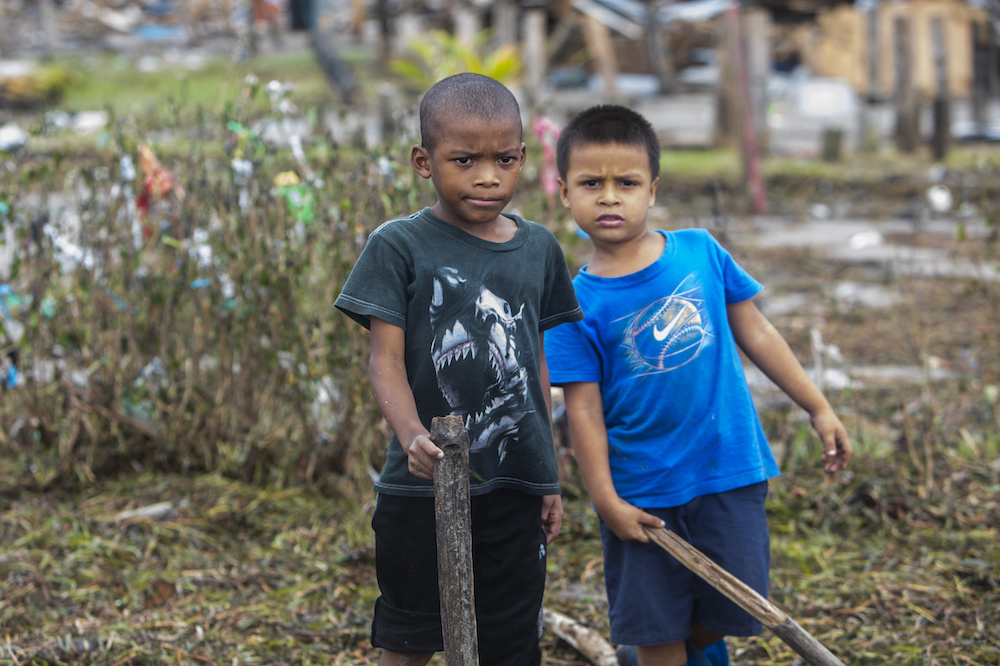
Hurricane Eta hit Nicaragua and impacted nearly 500,000 children there (UNICEF / Gomez)
Many schools are feared to have been damaged by Hurricane Eta, which has impacted the lives of more than 1.2 million children across Central America. That could further delay a return to education, which has already been devastated by the pandemic.
Eta made landfall in Nicaragua last week as a Category 4 hurricane and also hit Honduras, Guatemala, El Salvador and southeast Mexico. Strong winds damaged critical infrastructure including schools, hospitals and roads.
Thousands of families have lost their homes and schools are being used as shelters. A return to classrooms will be uncertain, warned Mark Connolly, UNICEF representative in Honduras.
He told CNN: “The situation in Honduras, for example, was that before there were about 6,000 schools without running water. Now you can multiple that by several times because the water systems have collapsed in multiple areas.”
First school for transgender community
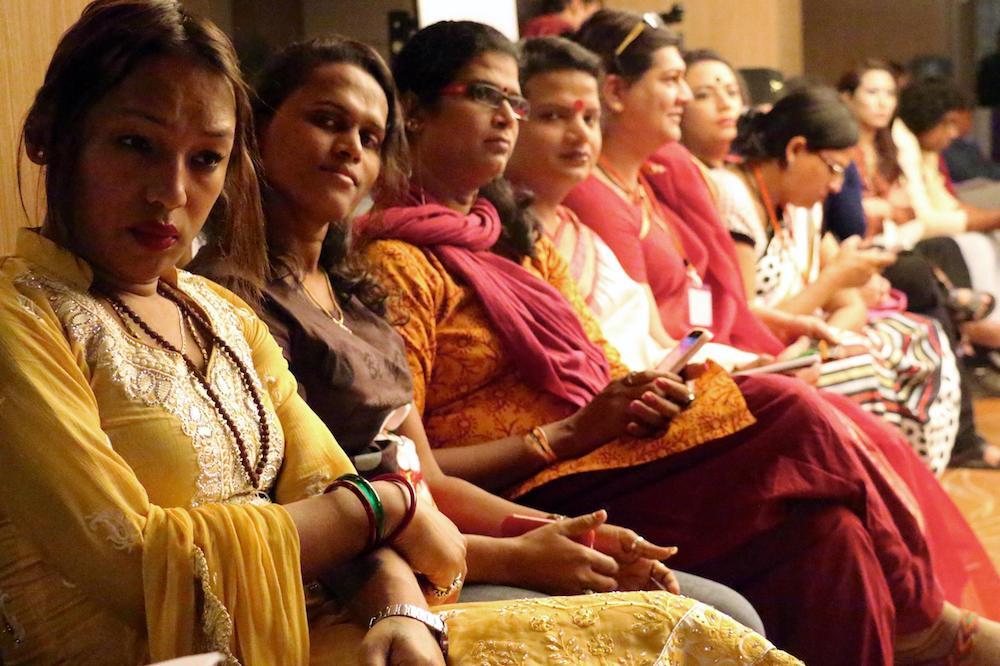
Rights groups say there could be as many as 1.5 million hijras in Bangladesh (APTN)
A religious charity has opened the first school in Bangladesh for hijras, a transgender community whose members face widespread discrimination in the mostly conservative Muslim society and often live in abject poverty.
Ostracised by their families, hijras are often banished from their homes at a young age. With no formal education, many are forced into begging and sex work.
“People who are transgender are also human beings – they too have a right to education, to live a dignified life,” cleric Abdur Rahman Azad told Reuters news agency. “We have a plan to open schools for them across the country so that no one is deprived of education.”
The government estimates there are about 10,000 hijras in Bangladesh. But rights groups say the figure could be as high as 1.5 million.
More news
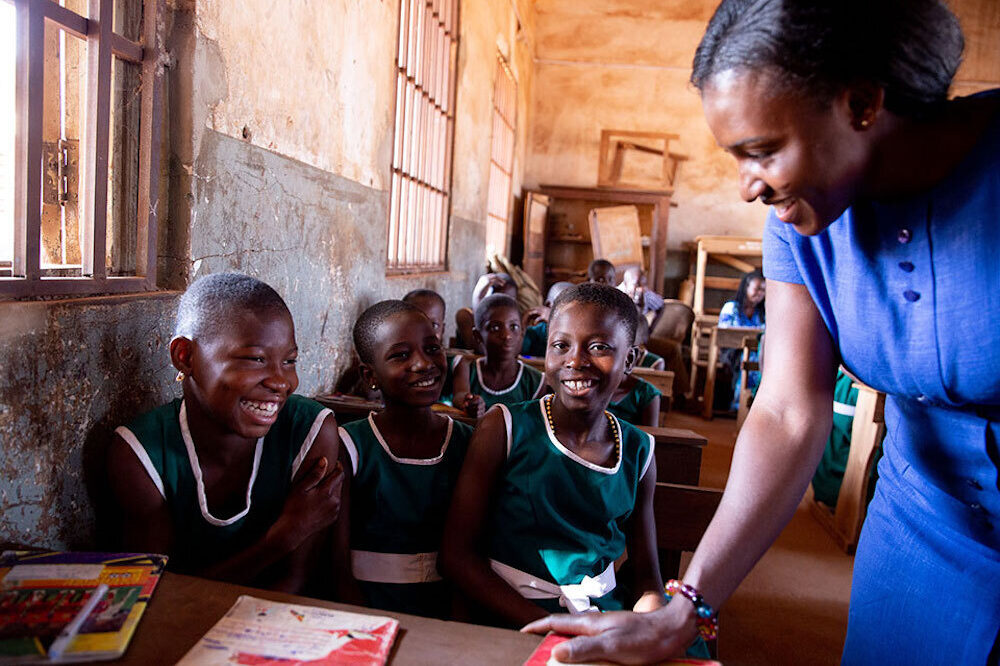
Five things you need to know this week about global education
